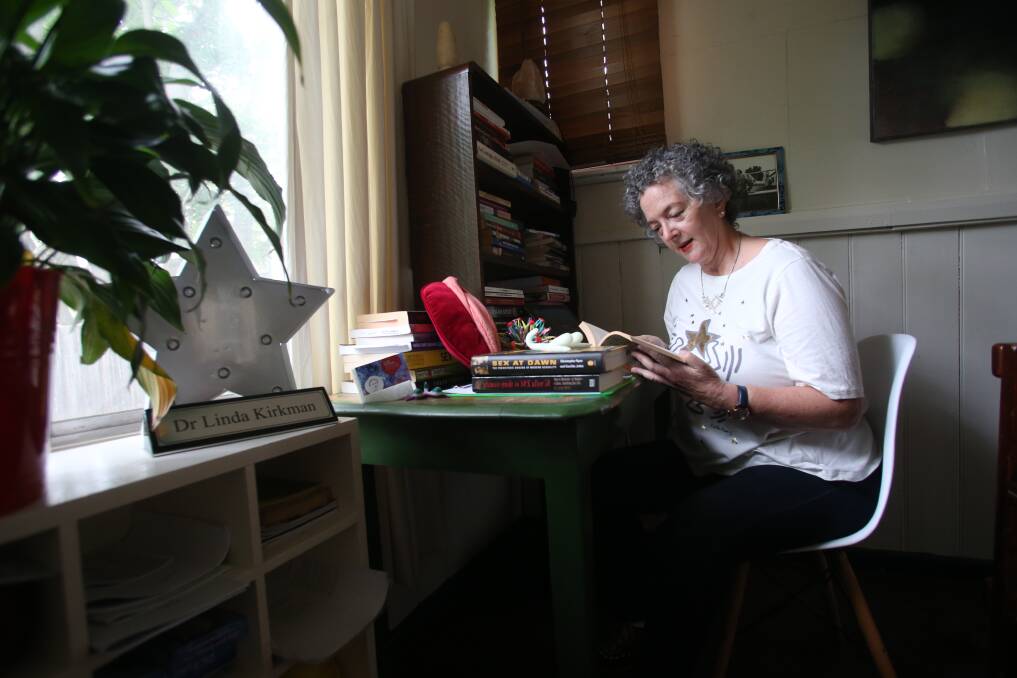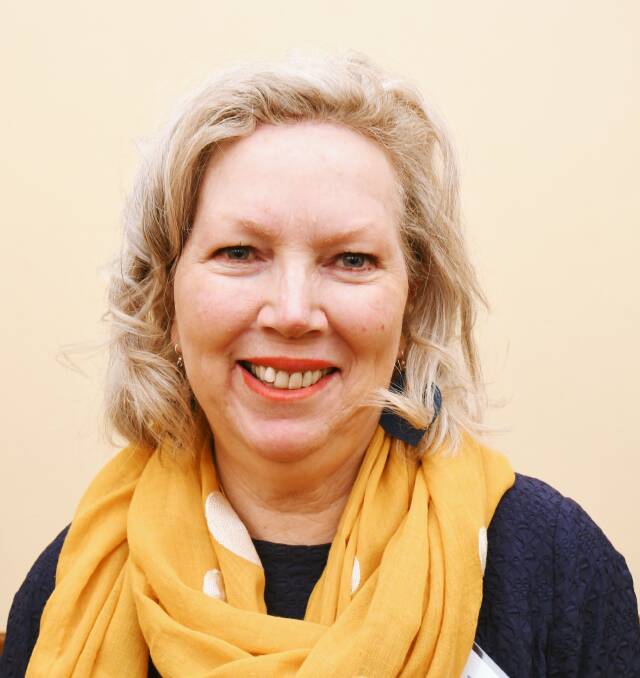
Central Victorian women's health advocates say heavy restrictions on abortion recently brought into law in the United States represent a violation of people's rights to control their own health.
Subscribe now for unlimited access.
$0/
(min cost $0)
or signup to continue reading
Sixteen US states so far this year have introduced further restrictions on abortion.
Four have passed so-called 'heartbeat' laws that prohibit abortion from as early as six weeks - before many women realise they are pregnant - and another has a bill before legislature that proposes to ban it after eight weeks.
Alabama now has the most restrictive laws in the country, this week imposing a near-total ban on abortions - the only exception being when the pregnant person's life is at risk.
Those in support of such laws say the unborn fetus has a right to life.
But Bendigo sexologist and sex therapist Dr Linda Kirkman said the priority should lie with the health and wellbeing of the person who is already living - the person who is pregnant.
Both Dr Kirkman and Tricia Currie, the chief executive officer of Women's Health Loddon Mallee, said the laws seen overseas impinged on fundamental rights.
"What we're seeing is reinstating patriarchal laws to control women's bodies, and it is a breach of women's human rights," Ms Currie said.

"Being in control of your reproductive health is a basic human right," Dr Kirkman added.
She said restricting access to abortion did not stop it, but only put the lives of pregnant people in danger.
A World Health Organisation study released in 1964 found illegal abortion was one of the top four causes of death in pregnancy in Victoria.
"It's important that women have access to legal, safe and conveniently available abortion services otherwise women will die," Dr Kirkman said.
The Royal Women's Hospital reported to the Law Reform Commission in 2008 that it stopped seeing women coming to hospital with sepsis, including uterine gangrene, as a result of "backyard abortions" after a 1969 ruling that an abortion was lawful if considered necessary for the health of the woman.
Dr Kirkman said those committed to ensuring every pregnancy resulted in a child also needed to look at factors that would give the child a secure and safe upbringing, such as maternal health, housing, education and nutrition.
Legality and access to abortion in Australia
In Victoria, abortion is available up to 24 weeks' gestation, although Family Planning Victoria says options after 16 weeks are limited and costly.
After 24 weeks, at least two doctors must agree an abortion is appropriate.
But access was sometimes difficult for women in central Victoria, Ms Currie said, with some experiencing trouble finding the support that allowed them to make a decision on their pregnancy.
She said issues included distance, access to a GP, the availability of health practitioners able to provide terminations, and aftercare.
Ms Currie said the law mandated that all public health services provided support for women seeking an abortion or the service if they had the clinical capacity, but this remained aspirational.
In 2017, the Bendigo Advertiser reported the difficulties some women faced in trying to access abortion in this region, which included delays in appointments and trouble making contact with health services.
Costs for abortion varied, Ms Currie said, and depended on whether it was performed through the public or private system, timeliness and auxiliary factors such as the costs of transport and accommodation.
Dr Kirkman said abortion needed to be available widely enough that pregnant people did not have to travel long distances to access it.
In Bendigo, women can access surgical abortion through Bendigo Health, while other services such as Bendigo Community Health Services offer medical abortion.
Abortion is one of the most common surgical procedures in Australia, with an estimated 80,000 performed each year.
Family Planning Victoria says about one in three Australian women will terminate a pregnancy in their lifetime, and 29 per cent of women aged 20 to 29 who have been pregnant have had an abortion.
Laws on abortion vary between states and territories in Australia.
In New South Wales, a pregnant person is not entitled to an abortion on demand: a pregnancy can only be terminated lawfully if a doctor believes it places the woman's physical or mental health at serious risk.
In South Australia, two doctors must say they believe the pregnant person's health is at risk.
Queensland decriminalised abortion last year, while abortion is also legal in Western Australia, the Northern Territory, the Australian Capital Territory and Tasmania.
The point of gestation at which abortion becomes illegal differs between the states and territories.
For information on abortion and other reproductive and sexual health issues, contact 1800 My Options on 1800 696 784. Women's Health Loddon Mallee can also provide information and support on abortion and other options for people who are pregnant. The organisation can be reached on 1800 350 233.
Have you signed up to the Bendigo Advertiser's daily newsletter and breaking news emails? You can register below and make sure you are up to date with everything that's happening in central Victoria.


